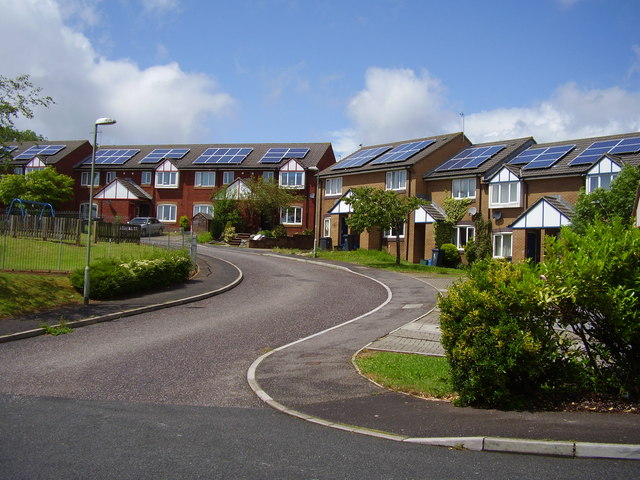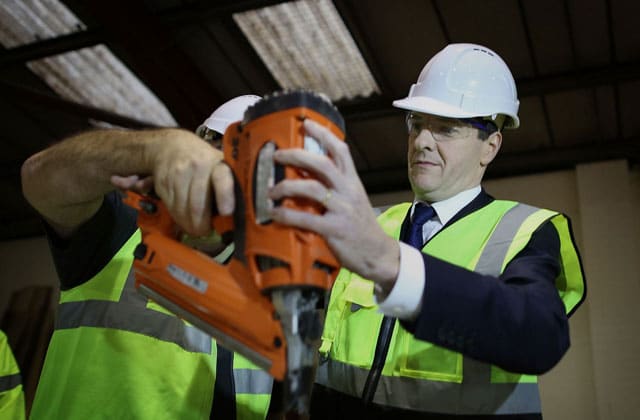How the government is undermining solar – again

As anyone who has ever watched an American high school movie right to the happy ending knows, life is not a popularity contest. And neither is energy policy. Fracking, the ugly duckling of energy sources with twice as much public opposition as support, is still the apple of the government’s eye, and nuclear, shunned by the markets and with no admirers willing to pay for her prom ticket, is still the star of the show. But what about the captain of the cheerleading team, admired and desired by all with a popularity rating her peers can only dream of, solar power?
A recent survey showed 62% of UK households want to install solar panels on their homes, and it’s getting ever cheaper for them to do so. Solar panels have fallen in price by over 99% in the last few decades and are expected to continue falling, with a drop of 18% in the first half of this year alone. Batteries are following a less spectacular but similar trajectory, with a 79% drop for lithium-ion batteries since 2010.
But true love, even between a householder and their photovoltaic array, never did run smooth. The government are proposing removal of the export tariff, the money given to householders with solar panels for the electricity they provide to the grid. This means that, without a replacement payment or policy, families wouldn’t sell the excess electricity they generate, they’d have to give it away. They’d effectively be subsidising the Big Five (formerly Six) by giving it to them to sell. Those wanting to do their bit for the new, clean technologies we need to save our climate will be handing their electricity as a free subsidy to the big multinationals, propping up the system we need to replace. The exact opposite of what subsidies are supposed to do.
The government has made vague noises about the export tariff being replaced with contracts between householders and utilities, but they are keeping in place the regulatory barriers that prevent a replacement payment system. With no support scheme for domestic solar energy, the government will have removed the need for certification, a requirement for selling that electricity. This would remove quality control from the installation industry, potentially leading to lower quality products and services. And, just to lock in the change, they are planning to remove the current system for estimating the value of a household’s excess electricity, before smart metering is ready to replace it.
These measures are all in the Government’s new proposals for small-scale solar installation, along with no support for community installation or getting people on low incomes some of the benefits of generating their own energy – benefits the government and even some of the Big Five (nee. Six) have acknowledged. They are consulting on these measures now, and so we have a chance to let them know our views on what they’re proposing.
In 2016 the UK solar industry shed 12,500 jobs as changes to government policy halved the number of solar installations. In 2017 they halved again, to the lowest level for a decade. Now, after removing all the support designed to help a vital new technology to enter a market dominated by multinationals, they are removing the incentive of being able to get paid for solar power at the same rate as any other power station gets. This makes no economic sense and certainly no environmental sense, in fact it doesn’t really make sense at all unless your priority is to protect the big power generators from competition.
As most people outside of Westminster know, solar will be one of the main energy sources of the future. When the government undermines the UK solar industry, it’s equivalent to undermining the car industry in 1920, or the computer industry in 1980 – before the really big money comes rolling in, but well after it becomes obvious that it will. They’re not just punishing solar businesses and their customers, they’re punishing the entire British economy, and the entire global climate.
But unlike life, and energy policy, democracy really is a popularity contest.
Help us let the government know just how unpopular these new proposals are. Sign the petition now >



